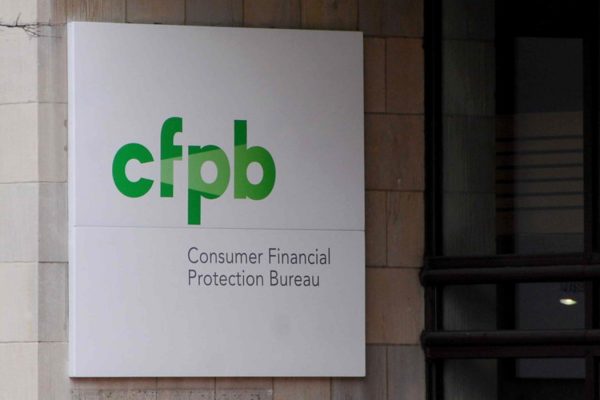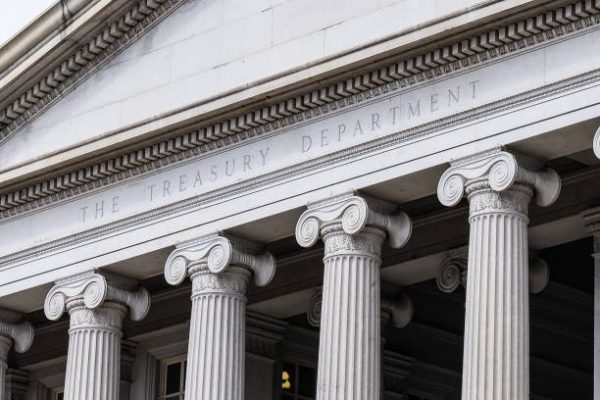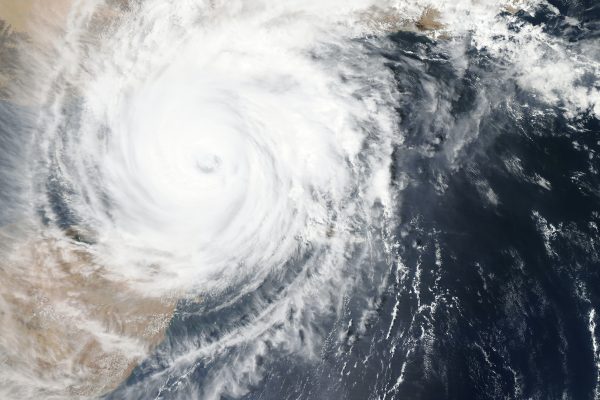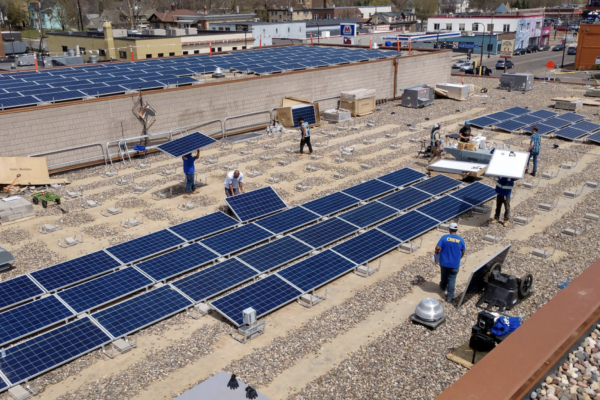AFREF submitted comment letters to the Financial Stability Oversight Council (FSOC) on two proposals that would strengthen its toolbox for addressing threats to financial stability, including those related to climate change, and make it easier to designate nonbank companies like asset managers and insurance companies as systemically important institutions that need enhanced regulation by the Federal Reserve Board.
The letters detail how threats to financial stability from nonbank financial institutions are growing, and it encourages FSOC to quickly strengthen and finalize its proposals to be able to respond effectively and proactively to emerging risks. Many nonbank financial institutions already face heightened stress from large climate-related shocks, including several major insurers’ recent decisions to withdraw coverage from many states and zip codes. Insurance companies, asset managers, private equity firms, and other nonbank financial institutions are also creating significant risks to the financial system through their insured or financed emissions — risks that are often forced upon other financial institutions and consumers who will struggle to manage them.










